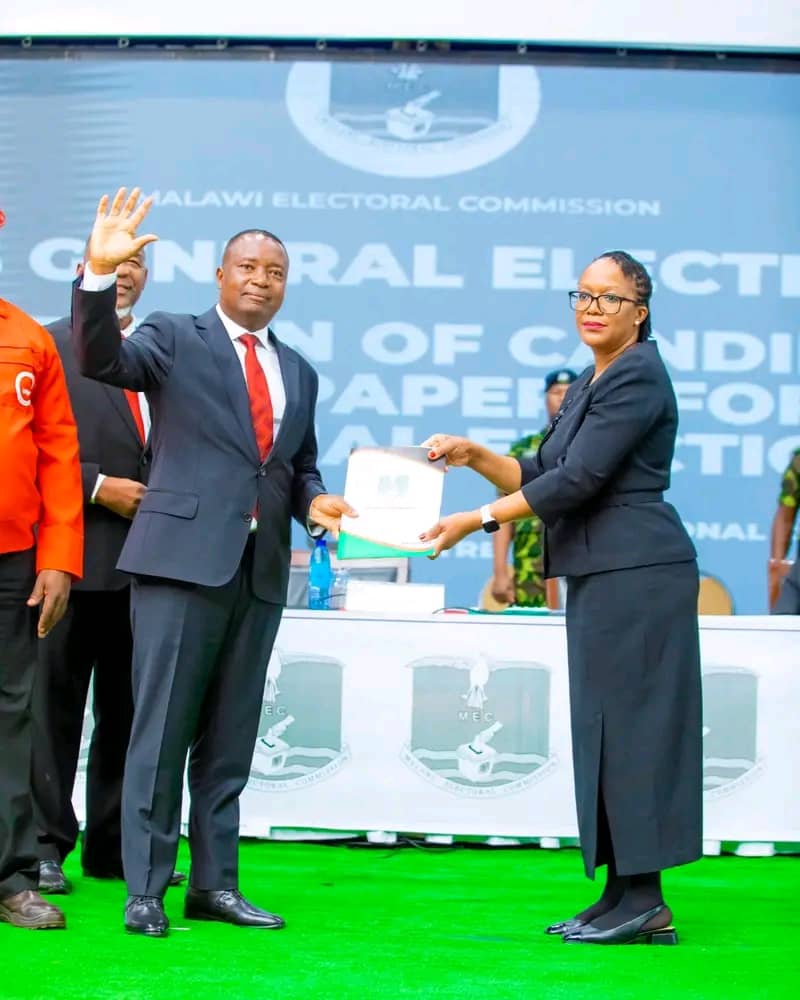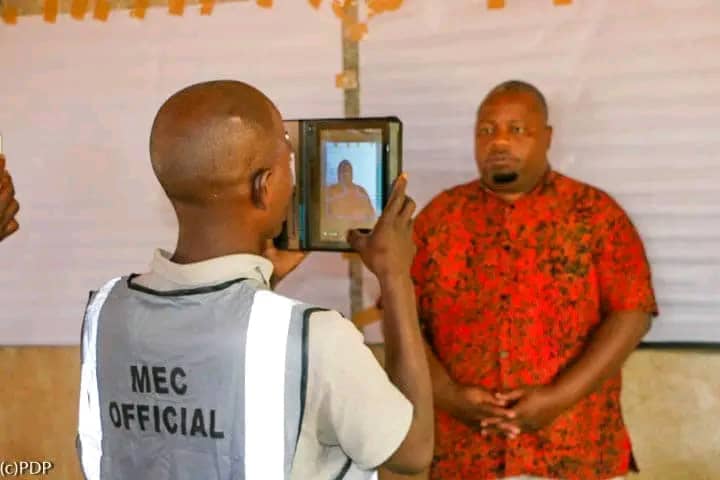By Burnett Munthali
The United Transformation Movement (UTM) presents a manifesto that seeks to redefine governance in Malawi by promising a break from business-as-usual politics and ushering in a new era of visionary leadership, accountability, and citizen empowerment.
Founded on the values of transformation, justice, and inclusion, the UTM manifesto distinguishes itself with bold promises that speak directly to the frustrations and aspirations of ordinary Malawians.
To analyze this document, it is important to place it within its historical and political context.
UTM emerged in 2018 under the leadership of Dr. Saulos Klaus Chilima, with a mission to combat corruption, promote efficiency in government, and restore dignity to public service.
Though a relatively young political party, UTM quickly captured the imagination of the youth and professionals who were disillusioned by decades of recycled leadership and unfulfilled promises.
In its role within the Tonse Alliance government from 2020 to 2024, UTM played a visible part in key policy discussions, though many of its own proposals were either diluted or delayed due to alliance politics.
Nonetheless, the UTM manifesto for 2025 offers a compelling case for what it calls “complete transformation,” boldly stating that cosmetic reforms are no longer enough.
The manifesto is structured around urgent national priorities, particularly economic revitalization, youth empowerment, education reform, health equity, and the fight against corruption.
It acknowledges the crisis of youth unemployment as a ticking time bomb and proposes a comprehensive skills and entrepreneurship programme aimed at turning Malawi’s youth into job creators rather than job seekers.
On economic policy, UTM pledges to diversify Malawi’s economic base by investing in agro-industrialization, mining, and the digital economy, marking a shift from overdependence on donor support and rain-fed agriculture.
One of the strongest components of the UTM manifesto is its clear stance on public sector reform and anti-corruption.
It outlines a practical framework for cutting wasteful government spending, enforcing lifestyle audits for public officers, and increasing the autonomy and funding of oversight institutions such as the Anti-Corruption Bureau (ACB).
The party proposes that procurement processes be digitized and open to public scrutiny, a move that, if implemented, could strike at the heart of grand corruption in Malawi.
On education, UTM promises to end the congestion and decay in public schools by investing in teacher recruitment, school infrastructure, and digital learning tools.
It further proposes a review of the curriculum to align it with current job market needs, particularly in science, technology, and entrepreneurship.
The manifesto also speaks directly to women and marginalized groups, pledging to enforce a 50-50 representation policy in public appointments and to scale up funding for women-led businesses.
Its health sector plans are ambitious but clear—decentralize services, increase health workers’ pay, and ensure rural health centres are stocked with essential medicine and equipment.
UTM does not shy away from tough conversations around constitutional and electoral reform either.
It advocates for stronger local governance, review of the Electoral Commission’s independence, and removal of barriers that limit citizen participation in political processes.
What sets UTM’s manifesto apart is not only the scope of its promises but the consistent emphasis on implementation and accountability.
It proposes performance-based contracts for cabinet ministers and regular progress reports to the public—a powerful sign of political maturity and readiness to be judged by results, not rhetoric.
Unlike many manifestos that feel like wish lists, UTM’s document reads more like a blueprint—structured, cost-conscious, and tailored to Malawi’s unique realities.
It appeals to a generation of voters who are tired of patronage politics and ready to build a new Malawi based on merit, innovation, and fairness.
Conclusion
The United Transformation Movement’s manifesto is more than a political document—it is a daring call to reimagine Malawi.
With a firm grounding in national priorities, bold yet practical proposals, and a leadership team known for energy and intellect, UTM offers a persuasive alternative for voters seeking meaningful change.
If the party can maintain its reformist zeal and avoid the temptations that have swallowed past governments, it has the potential to deliver on its transformative vision.
Malawi stands at a crossroads, and the UTM manifesto offers a credible path toward a more modern, inclusive, and accountable future.




